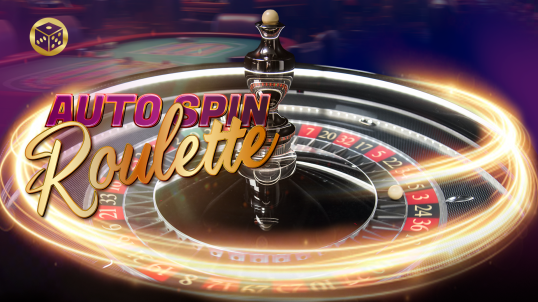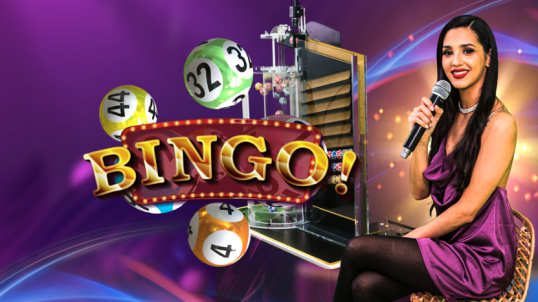The popularity of live dealer casinos has been steadily rising since the concept’s inception. As Covid-19 lockdowns and restrictions were put into place worldwide in 2020, the format saw an explosion in player numbers. As business and leisure facilities closed their doors, including casinos, and people were forced to stay at home, many turned to the live dealer casino for a sense of normality, and to feel the excitement of the gaming table and the joy of social interaction in what were rather dark times.
The format continues to see sustained success to this day, with more and more online gambling platforms incorporating live dealer games into their product offering. But where did it all begin? Let’s take a look at the history of live dealer casinos, what they have offered the industry, and where they could be heading in the future. Keep reading to find out more.
What is a Live Dealer Casino?
Before we dive into the history of the format, it’s important we define what live dealer casinos actually are. In an effort to create a more realistic casino experience, a live dealer game features a real person operating a traditional casino game, usually things like roulette, blackjack, and baccarat. These games are streamed live to an audience of remote players who are offered full wagering options as well as social interaction opportunities. These games aim to replicate and emulate real-life casinos, personalizing the online gambling experience which, for some, can often seem overly digital, distant, and even lonely.
When Did They Begin?
The first attempt at launching a live dealer casino took place in the late 1990s. However, due to substantial limitations on technology at that time, the format failed to make any meaningful impact, as internet speeds and quality simply weren’t able to cope with the formats traffic demands and requirements.
By the mid-2000s, advancements and developments in internet technology made the format much more feasible, and early versions launched in 2006 and 2007 were met with more success than their 20th century predecessor. Despite performing better than earlier iterations, technology still wasn’t quite at the standard required, and as less bandwidth-heavy online gambling experiences, online slots and iGaming for example, grew in popularity, live dealer casinos were again left behind.
However, technology still continued to come on in leaps and bounds, and soon enough live dealer casinos were back at the fore, this time with all the power of modern graphics processing and streaming quality behind them. It seems, this time, that the format is here to stay, their presence is ubiquitous across almost all major online gambling platforms. What’s more, they look set to continue to improve and optimize their service as the technology behind them gets ever more powerful.
What do They Offer?
Modern day live dealer casinos are a slick, engaging, and highly interactive gaming experience. They have all the hallmarks of a real-life casino game with the added advantages remote digital technology offers. Players can sit at and wager on a wide range of games, socialize with dealers and other players, and generally soak in and enjoy the atmosphere, all from the comfort of their homes.
Many live dealer casinos offer far higher bet limits than digital counterparts, while players often cite a preference for live games due to perceived feelings of greater fairness and legitimacy, playing against real dealers and other players rather than a faceless, digital algorithm.
The range of games available in live format continues to expand. No longer are players limited to casino staples like blackjack or roulette, they now have the option to play an array of different games, including dice games, poker, bingo, and lottery games.
What Does the Future Hold?
Live dealer games are built on technology and couldn’t exist without it. As this technology continues to develop, so too will live casinos, further improving and optimizing the services they offer.
Augmented reality (AR) and virtual reality (VR) are two emerging technologies that some believe will revolutionize live dealer casinos. By integrating AR or VR systems with their games, live casinos will be able to significantly improve how realistic and immersive their games are, making for a far more engaging and thrilling player experience.
Conclusion
Online gambling, once thought to be a passing fad reserved only for stay-at-home computer anoraks, has turned the industry on its head, and now accounts for the largest sector in the wider
gambling industry.
Technological progress has given rise to the live dealer casino, an immersive, interactive emulation of a physical casino, allowing players to enjoy the social aspects of gambling from the comfort of their own homes. The format is seeing continuing success and, as technology and expertise develop further, we can expect to see more in the future.















